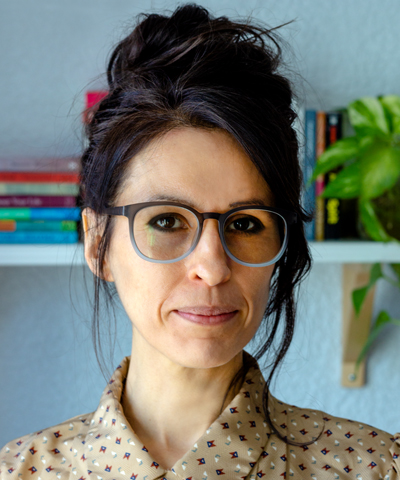
Leila Christine Nadir
Associate Professor of Environmental Humanities
Director, Environmental Humanities Program
Research Overview
Leila Christine Nadir is an Afghan-American writer and socially engaged artist exploring intersections of geopolitical, environmental, and intimate violences and how individuals and communities rebuild and grow after their worlds fall apart. She researches Life After Ruins and evolving forms of resilience amidst ecological destruction, colonial traumas, immigration upheavals, and family violence. Her work appears in literary and scholarly journals, in museums and galleries, and in forests, classrooms, and kitchens.
In 2023-2024, Professor Nadir was the recipient of awards and fellowships from MacDowell, Hedgebrook, Bread Loaf, de Groot Foundation, Virginia Center for Creative Arts, Tin House, Aspen Summer Words, Maine Publishers and Writers, Maine Arts Commission, and the National Endowment for the Arts.
As co-founder of the EcoArtTech collaborative with University of Rochester Associate Professor Cary Adams, Professor Nadir has exhibited community-based ecological artworks worldwide, including the Whitney Museum of Art, New Museum of Contemporary Art, Neuberger Museum of Art, MIT Media Lab, European Media Art Festival, UCLA’s Sci|Art Center, and Parsons School of Design, among many other places. This work has been supported by fellowships and residencies from the Andrew Mellon Foundation, National Endowment for the Arts, New York Foundation for the Arts, the Franklin Furnace Fund, Bemis Center for Contemporary Arts, Center for Land Use Interpretation, Banff New Media Institute, and New York State Council on the Arts. The EcoArtTech collaborative's latest project is the launch of an art-residency program in western Maine. Their works are in the collections of the Whitney Museum of American Art, the New Museum, and the Cornell University Rose Goldsen Archive of New Media Art.
Professor Nadir's latest project is Afghan Americana, an intimate-geopolitical memoir about the wars that rage within and beyond family, including the Cold War, the US Culture Wars, and the wars in Afghanistan. It tells the story of Professor Nadir's coming-of-age as a mixed-race girl in an immigrant family haunted by colonial violences and unspoken traumas. Part cultural criticism, part family portrait, part snapshot of the 1980s Cold War, this memoir excavates the messy networks of military, industrial, emotional, spiritual, racial, colonial, and ancestral legacies that imprint secrets and denial in our bodies. Excerpts from Afghan Americana have appeared in Black Warrior Review, North American Review, Asian American Literary Review, Aster(ix), ASAP/J, and elsewhere.
Research Interests
- Anthropocene
- Apocalypse
- Environmental humanities
- Memoir and creative nonfiction
- Social practice art
- Food studies
- Theories of modernity/modernism
- Cultural histories of colonialism and extractive capitalism
- Immigration studies
- Cold War geopolitics, especially related to Afghanistan
- Politics of Race and Ethnicity
- American Literature
Selected Publication Covers
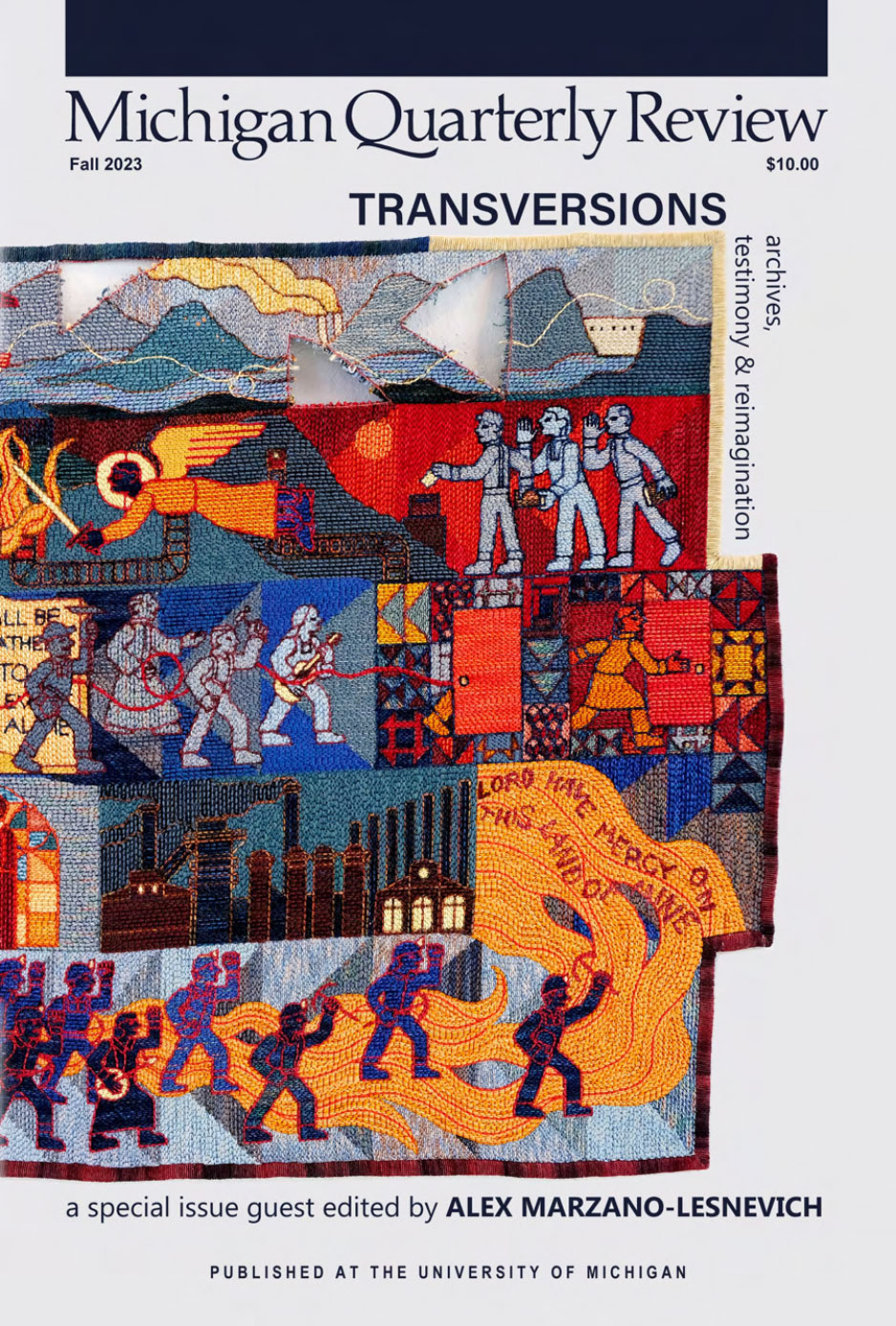
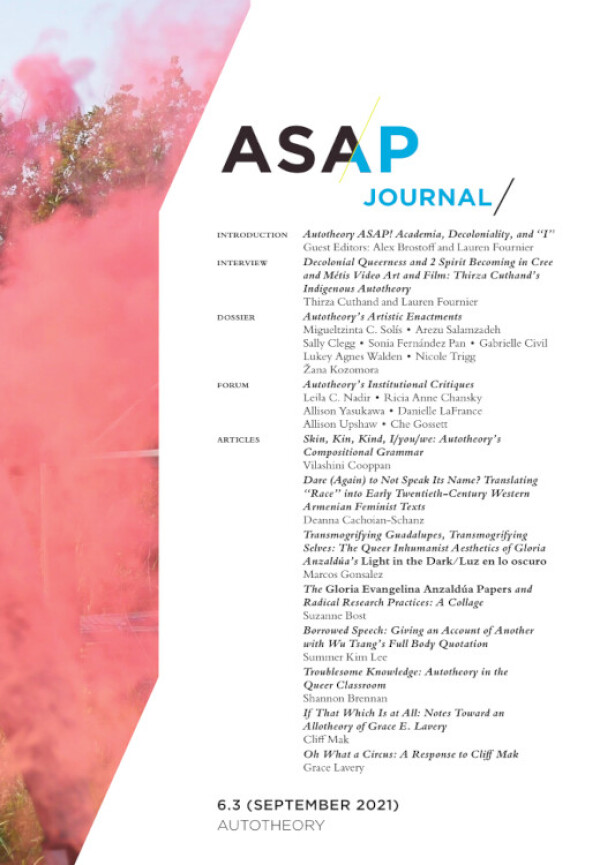
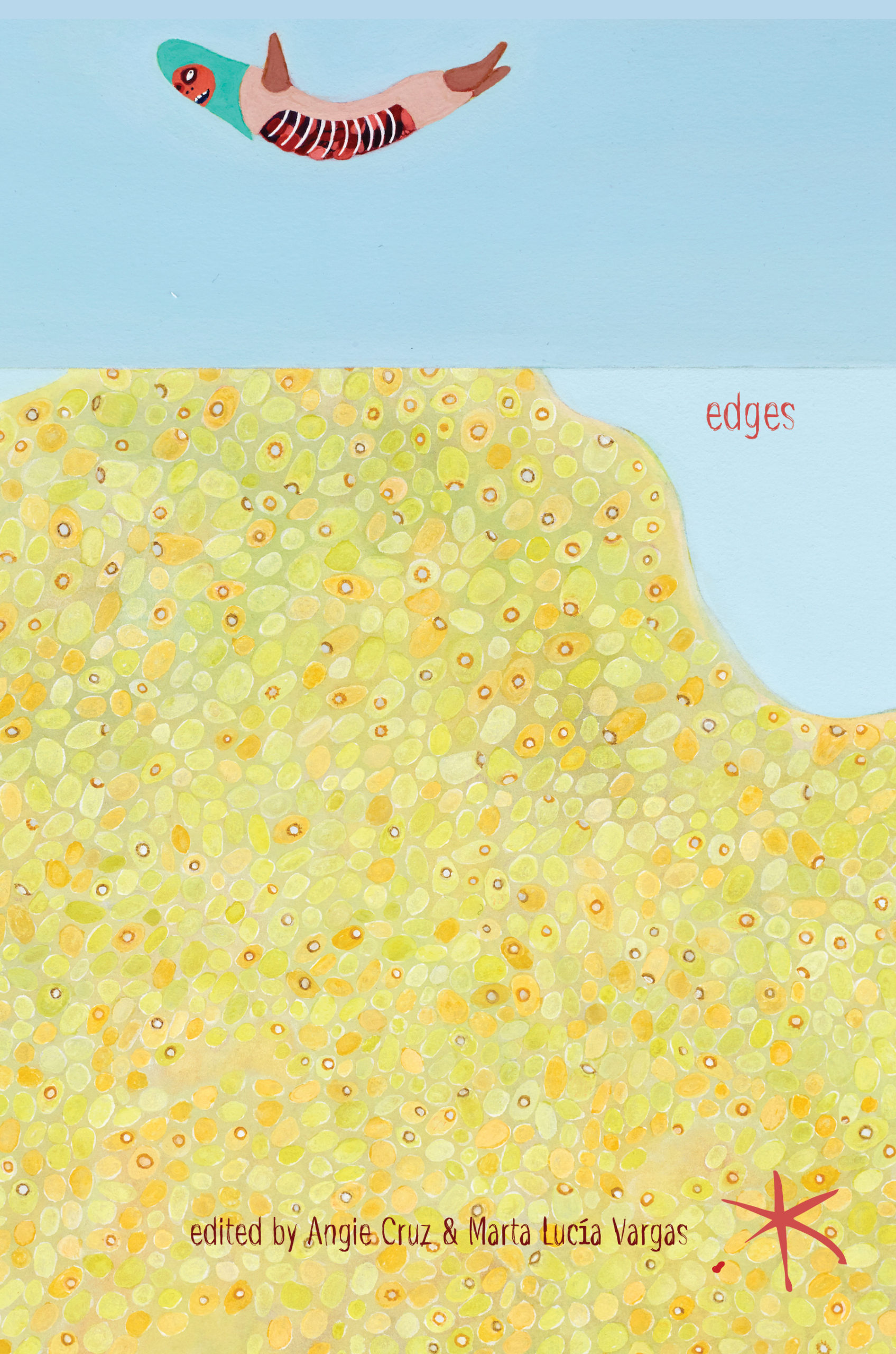
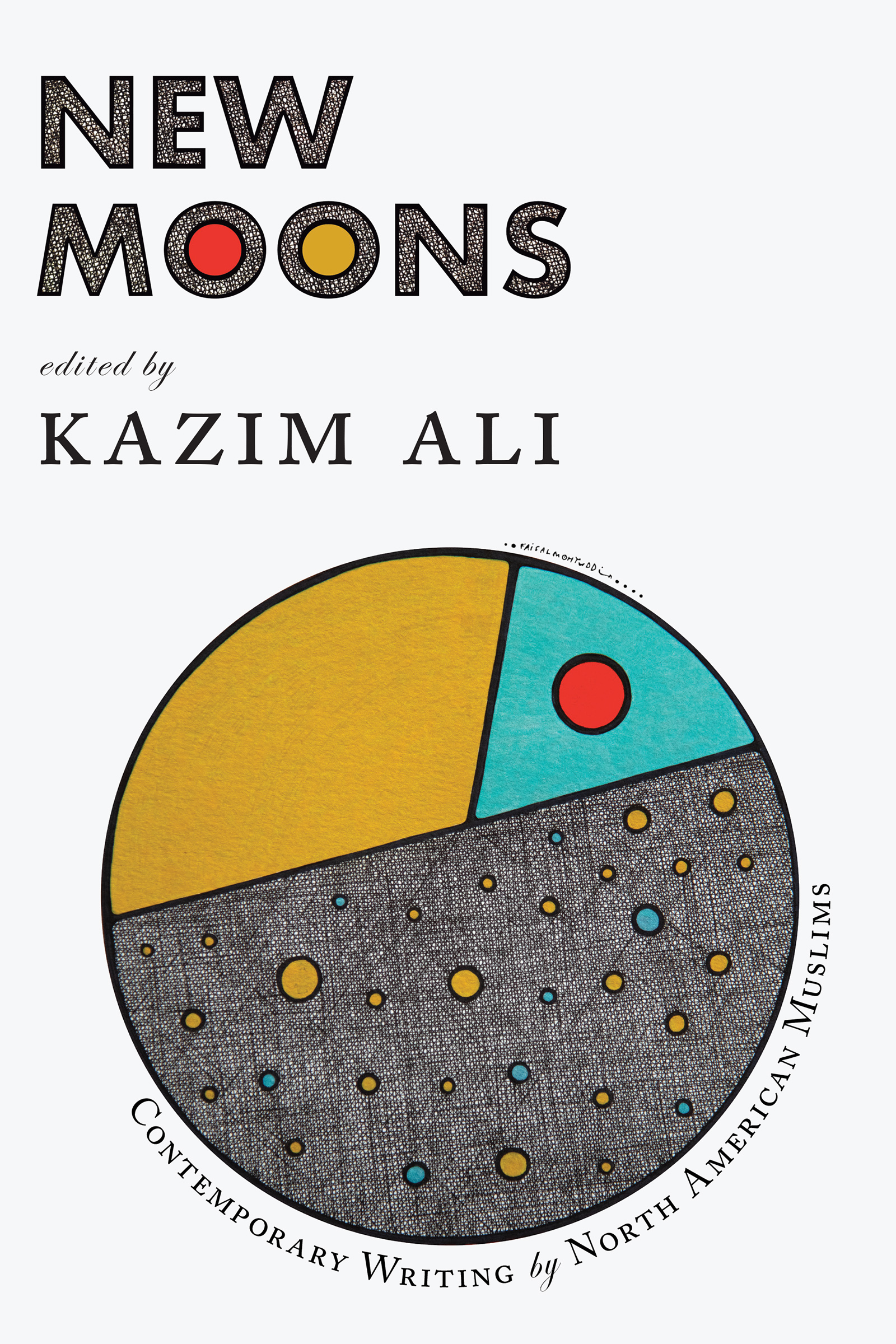
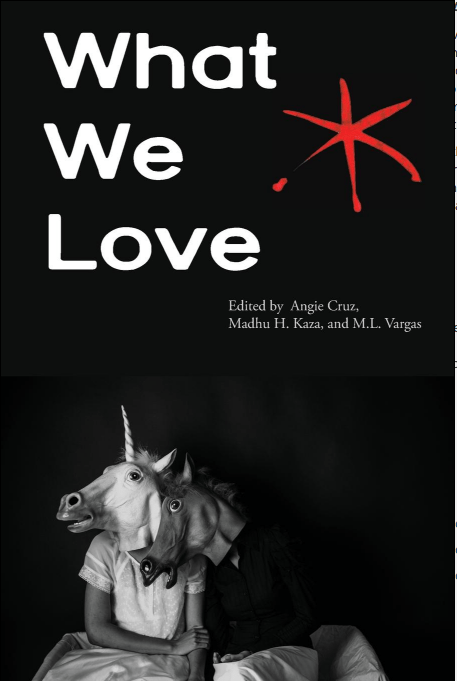
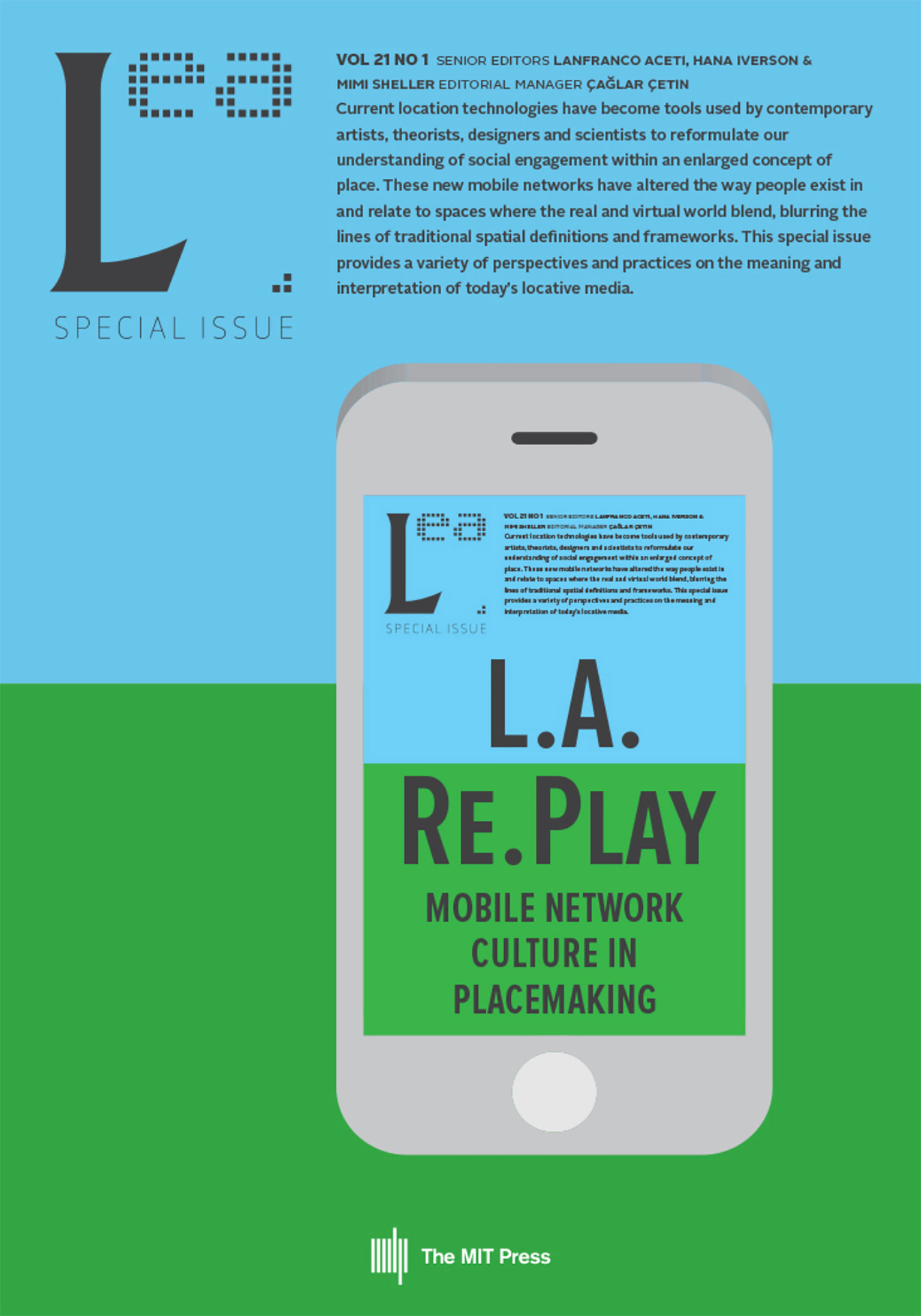
Selected Publications
- Recording Revolution, Michigan Quarterly Review, University of Michigan, Fall 2023
- More Life After Ruins: Autotheory, the Politics of Citation, and the Limits of The Scholarly Gaze; Leila Christine Nadir; ASAP/Journal, Volume 6, Number 3, September 2021, pp. 547-550 (Article); Published by Johns Hopkins University Press
- Edges edited by Angie Cruz and Marta Lucia Vargas, Fall 2018, Leila Christine Nadir, contributor
- New Moons anthology edited by Kazim Ali; November 16, 2021, Red Hen Press; Leila Christine Nadir, contributor
- What We Love edited by Angie Cruz, Madhu H. Kaza, M.L. Vargas; Aster(ix) 2016 Fall; Leila Christine Nadir, contributor
- L.A. Re.Play: Mobile Network Culture in Placemaking edited by Lanfranco Aceti, Hana Iverson and Mimi Sheller; Leonardo Electronic Almanac, Volume 21 Issue 1, January 15, 2016, The MIT Press; Leila Christine Nadir, contributor
Teaching
- EHUM 268: Decolonizing Food & Plantation Ecologies
- EHUM 267: Environmental Media
- EHUM 245: Race, Colonialism, Nature
- EHUM 302: Climate Species Justice (Advanced Seminar)
- EHUM 340: Environmental Apocalypse & the Anthropocene (Advanced Seminar)
- EHUM 167: Climate Futures (First-Year Seminar)
- EHUM 248: Food Justice, Urban Farming, Social Practice
